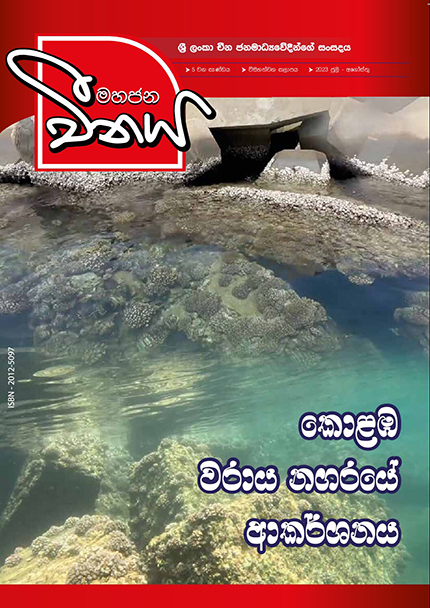As the two sessions drew to a close, foreign reporters agreed that covering the annual gatherings of China’s top legislative and political advisory bodies has allowed them to observe Chinese democracy up close, without the biased outlook of certain Western media outlets coloring their judgment.
They said the two sessions and the interviews on the sidelines allowed Chinese policymakers to speak about their decisions, thus better clarifying the country’s policies and reducing misunderstandings.
“Coming here and seeing for oneself helps a lot, because you get a real sense of how the Chinese political system works,” said Ernest Miloi, who covers international relations for the Botswana Guardian.
Working as a journalist for the last 30 years, Miloi said that though he has written extensively about the world’s second-largest economy over the course of his career from a local perspective, it was the first time that he was in China to report on the two sessions.
Miloi said that media access to such events is very crucial because the world is “so used to the Western media narrative about China”, which he felt is biased.
Fernando Capotondo, a reporter with Telam, Argentina’s national news agency, said that he is still learning about China’s political system, which is very different from Argentina’s, even though this is the third time he is covering the two sessions since 2015.
“I think here you have more democracy than what people have in Western countries,” he said, adding that in many instances, voters in a Western country have to vote for someone who does not really represent them. However, deputies to the National People’s Congress are elected from all walks of life. “It’s very important to be here and see this difference.”
Ali Abbas Ramay, a Pakistani reporter, said that before covering the two sessions, he used to believe that the Communist Party of China made all the decisions according to its own intentions. However, being present at the gatherings made him realize that all sectors and political parties are involved in the decision-making process.
The annual two sessions have long served as a window to China’s unique system and commanded global attention.
Official figures show that about one-third of the 3,000 reporters who registered to cover this year’s two sessions are from Hong Kong, Macao, Taiwan and overseas, a level on par with previous years.
Freidder Alfonzo, from the Venezuelan news outlet Correo del Orinoco, said, “The two sessions helped us to know the plans, projects and proposals the government puts forward for the coming year and the goals it sets for different sectors.” Such information is very important for people in Venezuela and beyond due to the extensive cooperation between the two countries, he added.
He said he is impressed with China’s resolve to maintain peace and promote win-win cooperation.
After a news conference attended by Foreign Minister Wang Yi, Mahdi Faraj Hamid, who works for Iraqi television network Rudaw, said, “Everything is nice and positive, especially the intentions of China.” He added that the minister’s views shed light on China’s stance on the ongoing conflicts in the world.
Yang Ran, Pan Yiqiao and Qiao Yuhao contributed to this story. (By LI LEI)



